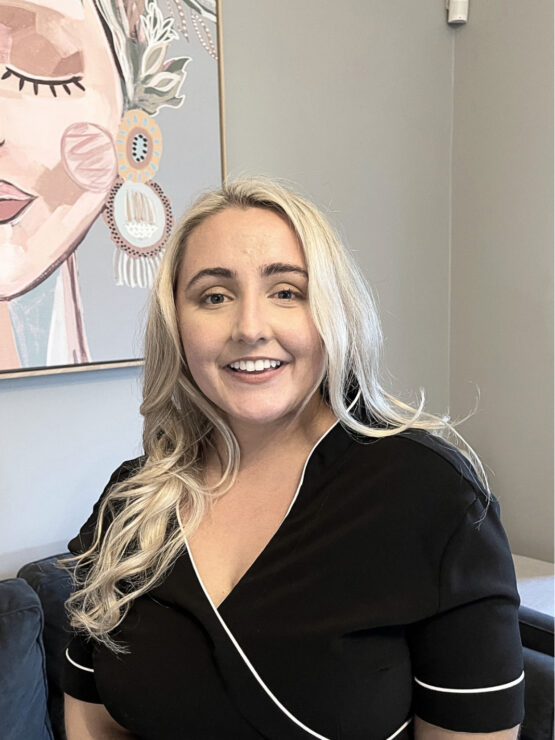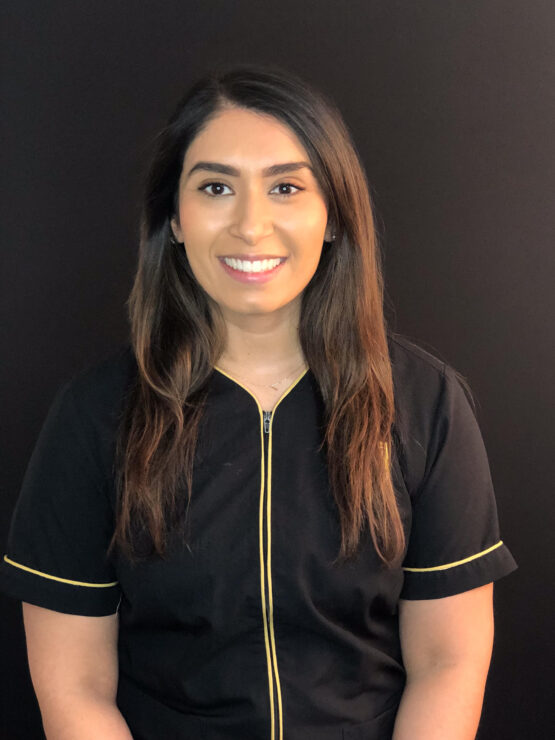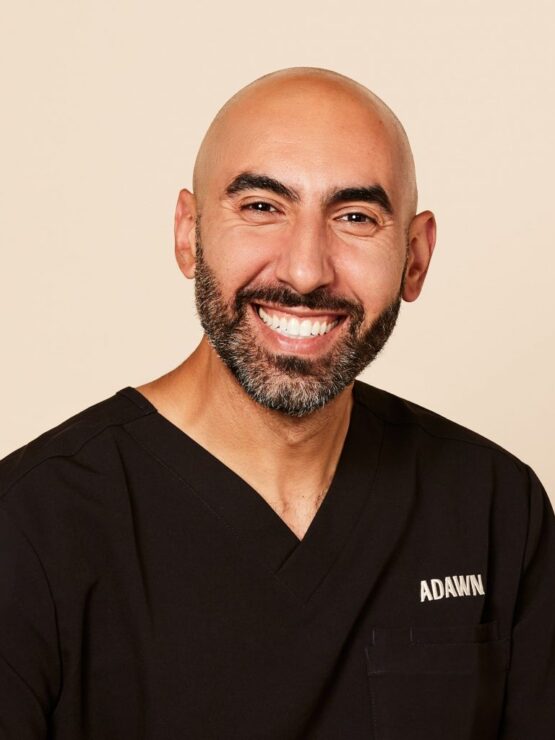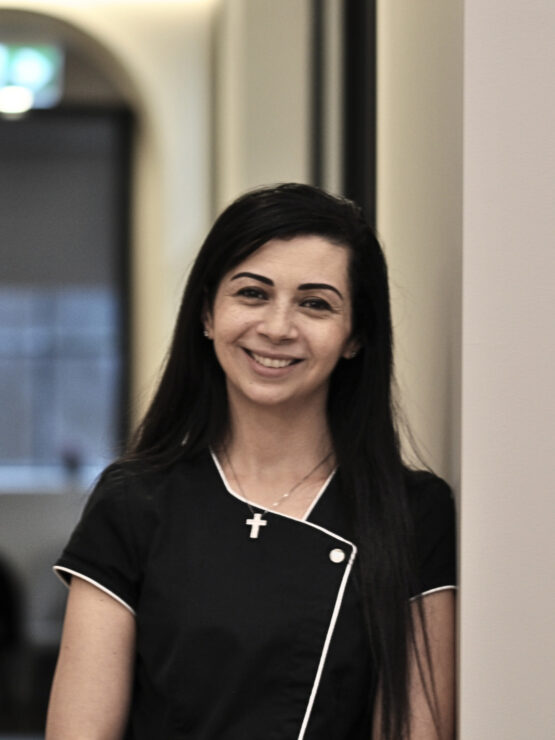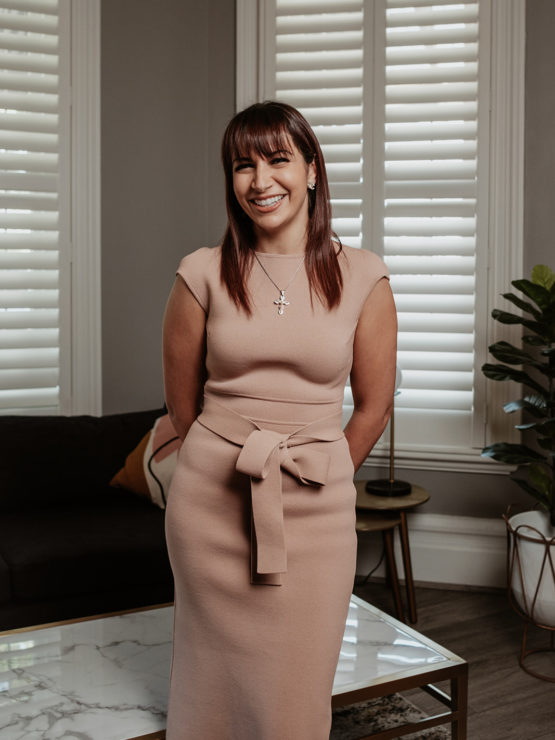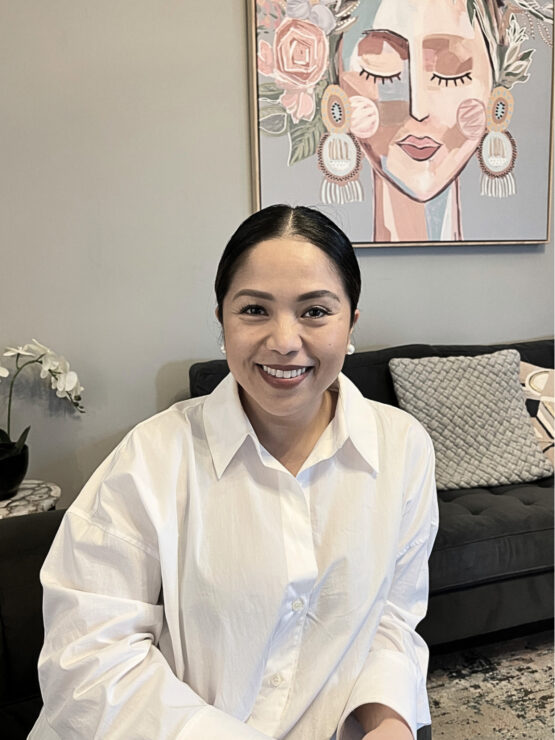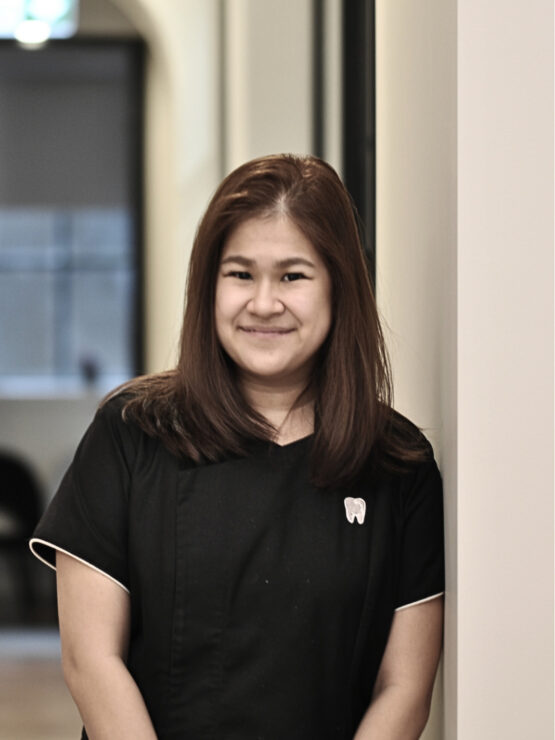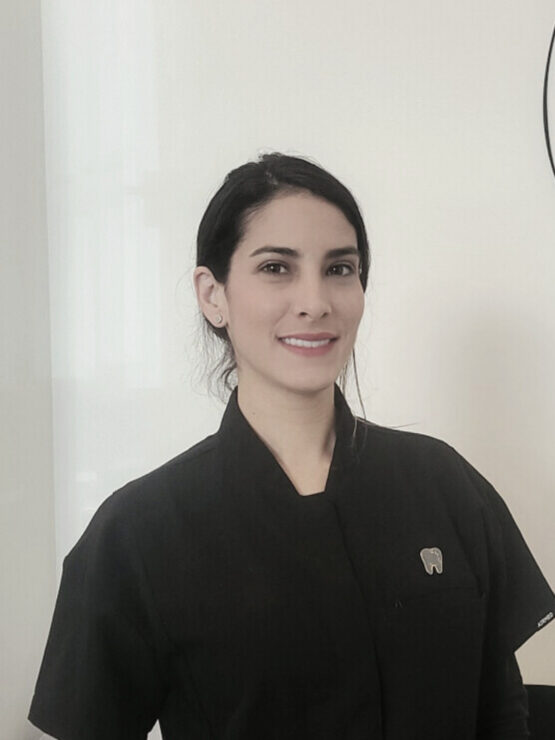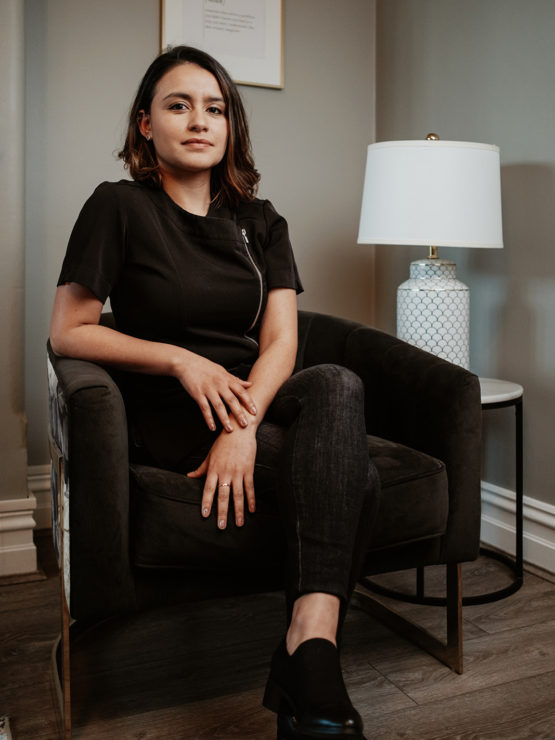Sleep Dentistry In Melbourne
Fear and anxiety about visiting the dentist affect many adults and children in Australia; pain free dentistry (or sleep dentistry) can alleviate these concerns and ensure everyone receives the dental care they need.
Avoiding or delaying your visit to the dentist can worsen problems and lead to pain, infections and even tooth loss. Toorak Dental Studio is passionate about providing a soothing, comfortable environment that puts even the most nervous patients at ease and makes every dentist experience a positive one. If you’re feeling worried about oral treatment, talk to us about sedation dentistry in our Melbourne clinic.
















CHOOSE TOORAK DENTAL STUDIO
For pain-free dental treatment in Melbourne
Suitable for complex treatments, patients with a low pain threshold and sufferers of dental fear, TDS offers pain-free dentistry for a calm, relaxing experience. We offer general anaesthetic for the complete sleep dentistry experience for patients with conditions restricting them from going under general anaesthetic. Our services are always personal and sympathetic, so just let your dentist know how you’re feeling, and we’ll discuss the best options to ensure you can access the highest dental care standard in Melbourne. Our sleep dentistry techniques use state-of-the-art equipment and the latest approved processes for advanced appointments or cosmetic dentistry.
Reducing dentistry pain for over 35 years
Since we started up over 35 years ago, we’ve never lost sight of our commitment to provide a comfortable, relaxing dental experience that puts even the most nervous patients at ease. Our warm and welcoming environment is family-run, making it a leading choice in Melbourne for children’s dental work and more complex treatments such as wisdom tooth extractions and TMJ treatments.
State-of-the-art technology
Calm, soothing environment
Family-owned for over 35 years
Sedation dentistry before and after treatments




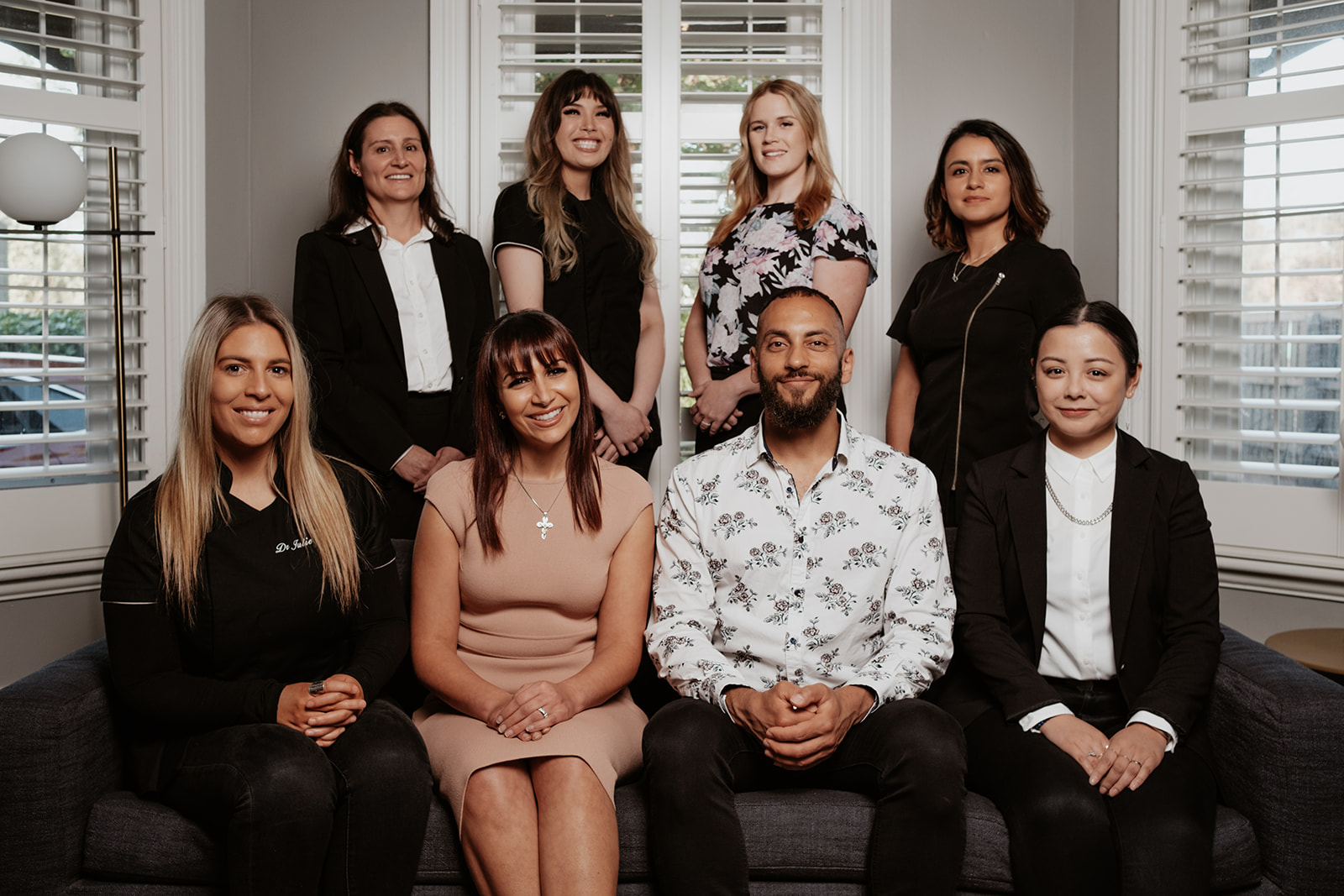
What to expect from sleep therapy
We do everything we can to help patients overcome their fear, so you can maintain optimal oral health. Pain-free dental techniques ease patients into a relaxed, dream-like state to increase comfort and ensure limited or no memory of the procedure. We’ll talk you through the process and you’ll be able to answer any questions you have about our sedation dentistry services.
NEW TO TOORAK DENTAL STUDIO? DISCOVER OUR IDEOLOGY OF CARE
Sedation dentistry
If the thought of having your teeth cleaned makes you tense, you’re not alone. Many people have a phobia of going to the dentist that they would rather endure the agony of a toothache than sit in the dentist’s chair. If you are filled with anxiety about visiting a dental clinic, sedation dentistry may take away some of your apprehension. Administered for anything from invasive procedures to a simple tooth filling, speak with Toorak Dental Studio today about how we can alleviate your concerns.
Using medication, sedation dentistry helps patients in Melbourne relax during dental procedures. It is sometimes used interchangeably with “sleep dentistry,” however this is not completely accurate as patients are generally awake (with the exception of general anaesthesia).
There are four levels of sedation dentistry:
- Minimal sedation: You are relaxed and awake.
- Moderate sedation: You may not remember much of the procedure but you are still conscious (slurring of words when speaking may occur).
- Deep sedation: You are on the edge of consciousness. However, you can still be awakened.
- General anaesthesia: You are completely unconscious.
At Toorak Dental Studio, we offer general anaesthesia for your convenience.
Sedation dentistry for kids
For young kids, it can be daunting to visit the dentist. Some dental treatments may require your child to lie completely still or the sound of the drill may be scary for them. Sedation dentistry is a highly effective method in calming an anxious child or one that refuses to cooperate during the visit. Our dentists are well trained in keeping within the recommended dose for your child’s age and weight.
Children usually recover relatively quickly from sedation and will be able to resume normal activities after their dental treatment has been completed. At Toorak Dental Studio, our goal is to always provide, where possible, the safest and most pain-free treatment for your little one.


What are the alternatives to sleep dentistry in Melbourne?
Typical relaxation methods
A simple technique is controlled breathing, which our trained dentists can help you apply prior to sitting in the dental chair. By inhaling and exhaling well and correctly, you may feel more relaxed and calm - even when the anxiety starts to set in. We can also provide our patients with headsets that play music to help them take their mind off the procedure.
Inhaling happy gas
Sedation via inhalation, also known as ‘laughing gas’, is used to relax the patient by placing them in a deeply relaxed twilight state. Using nitrous oxide that is administered via a nose mask, the patient is aware but not asleep. You are likely to remember all the details of the dental procedure that you went through.
Local anaesthesia
An anaesthetic is a type of medicine used to temporarily numb a small area of your body. You will be fully conscious but experience minimal pain as you undergo dental treatment.

Sleep dentistry cost
Toorak Dental Studio offers sleep dentistry services, and we provide transparent quotes for our treatments. Before we begin any sleep dentistry treatment, our team will give you a transparent quote so you know the cost before proceeding.
If you have a dental plan with Medicare or private health insurance, it may cover anaesthesia. Check with your policy if you have any concerns.
What form of sleep dentistry is right for you?
You may wish to undergo sedation if you:
- have a low pain threshold
- can't sit still in the dentist's chair due to anxiety
- have extremely sensitive teeth
- have an overly sensitive gag reflex
- require a large amount of dental work to be completed
However, if you are pregnant, diabetic, are on certain prescribed medications or over a certain weight, sleep dentistry is not recommended. Speak to your dentist about what the best options will be for your individual circumstances.
What else you need to know about sedation dentistry
Sleep dentistry (also called sedation dentistry, or pain-free dentistry), describes a range of processes that ease patient anxiety and increase comfort when undergoing complex procedures.
There is a range of sedation options available, and the selected one depends on the individual patient and the complexity of the treatment. This includes:
- Mild sedation, where the patient doesn’t go to sleep but is relaxed
- Moderate sedation (previously called conscious sedation) that reduces the patient’s memory of the experience
- Deep sedation brings patients to the edge of consciousness
- General anaesthesia makes patients completely unconscious; there will be no memory of the procedure
Sleep dentistry is considered relatively safe, but keep in mind that there is always a risk with receiving any type of anaesthesia. For obese patients or ones suffering from obstructive sleep apnea, they are more likely to develop complications from the anaesthesia. It’s important that you go over your concerns with your dentist and ask them to clear up any questions you may have.
Sleep dentistry (also called sedation dentistry, or pain-free dentistry), describes a range of processes that ease patient anxiety and increase comfort when undergoing complex procedures.
There is a range of sedation options available, and the selected one depends on the individual patient and the complexity of the treatment. This includes:
- Mild sedation, where the patient doesn’t go to sleep but is relaxed
- Moderate sedation (previously called conscious sedation) that reduces the patient’s memory of the experience
- Deep sedation brings patients to the edge of consciousness
- General anaesthesia makes patients completely unconscious; there will be no memory of the procedure
The cost of sleep dentistry is determined by the length of time and the type of treatment the patient undergoes. You’ll be provided with a tailored quote before starting your treatment - but remember that some of this might be rebatable through your private health fund.
The cost is broken up into three components:
- The dental treatment itself
- The cost of the general anaesthesia
- The specialist anaesthetist fee
We have interest-free payment plans available at Toorak Dental Studio, such as DentiCare, to help make the cost more manageable.
There are different types of sedation dentistry processes available, and the chosen method depends on your dentist as well as your individual needs.
You may receive an oral sedative to make you feel more relaxed and content, and your dentist will advise on how and when to take it. The other option is nitrous oxide which will be supplied by your dentist. There may be certain medications you need to avoid before the treatment, and you may have to fast for several hours prior.
The difference between sleep dentistry and sedation dentistry is that for sleep dentistry, you will be completely asleep while you have your dental treatment. You will be unaware of any sounds, sights or smells that occur from your treatment, which should ease your anxiety and discomfort. On the other hand, with sedation dentistry, you will experience a similar effect but you will be conscious.
There are a number of exercises you can do to help with dental anxiety. Some people swear by breathing techniques or meditation before they attend a dentist appointment. Others may wish to listen to music while they are being treated. For patients with high anxiety, they may request IV sedation or laughing gas to help them feel calm as they are being treated. At the extreme end of the spectrum, patients may undergo general anaesthesia, where they will be put asleep.
Dental anaesthesia is designed to make you feel nothing as you are receiving dental treatment. You won’t experience any pain, your muscles will be fully relaxed, and, in the case of general anaesthesia, you’ll also have no recollection of the procedure once you wake up. Your dentist may use a local anaesthetic to numb the surface where the needle will prick, where you may feel some slight pain when the needle makes contact with your skin. This should not be too painful.
Dentists will use a combination of sedation and anaesthetic to keep you relaxed, comfortable and pain-free during your treatment. While you may feel sensations of pressure, you won’t be able to feel any pricks or sharp pain. Just be sure to inform your dentist if you begin to feel any pain during your treatment, and they may administer a higher dose for you.
Your dentist can administer a range of treatments to get you to relax. The first option - and the mildest - is laughing gas or nitrous oxide. This will leave you in a calm, sedated state but you are still fully conscious. If you have high levels of anxiety, you may receive an oral sedative that will make you very relaxed and sleepy. Again, you are fully conscious. IV sedation is also offered with similar effects. If you wish to be put to sleep, your dentist will administer general anaesthesia, which involves you going completely to sleep.
Yes, a qualified dentist will be able to put you to sleep under general anaesthesia. This is known as ‘sleep dentistry.’ Keep in mind that this is an expensive option, as you will be completely unconscious and will have no muscle control or reflexes. A better alternative may be IV sedation, where you are conscious but relaxed and not experiencing any discomfort.
Upfront Treatment Plans
We build tailored treatment plans for optimal outcomes.Interest-free Payment Solutions
Interest-free, flexible payment plans such as DentiCare are available.Same-day appointments
Appointments are available for urgent dental work.CONTACT US
Request a complimentary Sleep Dentistry consultation
Fill out the form below, and we will contact you during our working hours.
Please call 9804 7710. Urgent care is usually provided on the same day.


